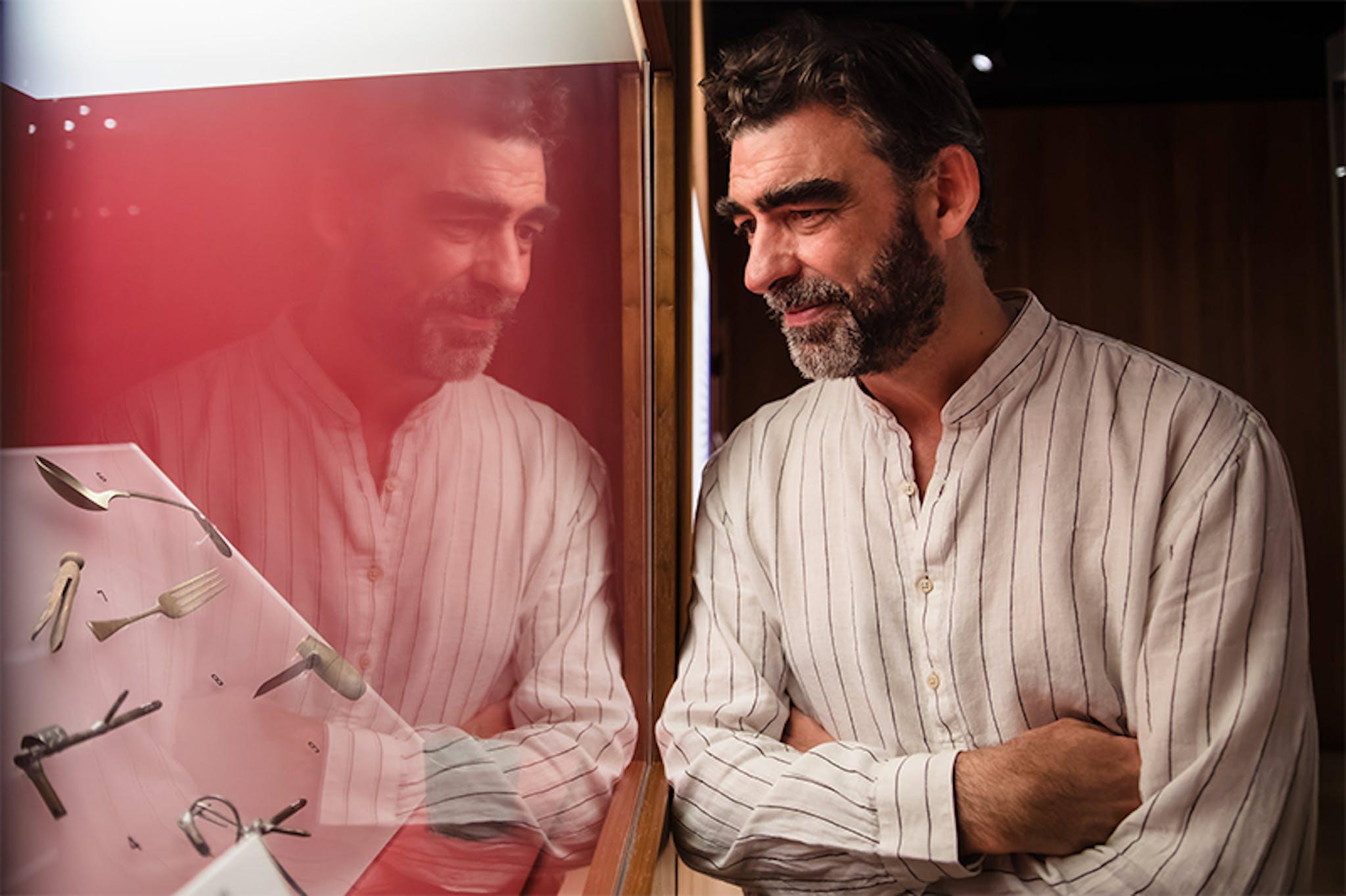UNLIMITED
The Big Thinker
There is a black hole at the heart of biology,” Nick Lane writes at the start of his 2015 book The Vital Question. “Bluntly put, we do not know why life is the way it is.” It takes some chutzpah to lay down the gauntlet to the life sciences so starkly—to suggest they are engaged more in documenting life than in explaining it.
Lane, a professor of evolutionary biochemistry at University College London, doesn’t seem the kind of person you might expect to make such a provocative challenge. He’s disarmingly modest, explaining his own answer for why life is the way it is with enthusiasm and conviction but also with frequent disclaimers and frank recognition that he could be wrong. “I’ve come to realize that being wrong is actually really good fun,” he says.
But then his self-assurance kicks back in. Sure, he could be wrong on the details, but on the big picture, “I can’t possibly be, because at bottom all I am saying is that energy is important to life, and that the peculiar method by which it works surely tells us something important about how life operates.”
It takes chutzpah to lay down the gauntlet to the life sciences so starkly.
Lane and I are sitting in the Wellcome Collection in London, the flagship public space of the Wellcome Trust medical charity set up in 1936 from the legacy of Victorian pharmaceutical entrepreneur and collector Henry Wellcome. We are surrounded by Wellcome’s collection of bone saws, religious relics, and medical-themed paintings—an apt setting for talking about how life began, how it proceeds, and ends.
Lane displays the curious and perhaps even contradictory mindset that seems to characterize many creatively provocative scientists: open to being wrong, but convinced he is fundamentally right. He is eclectic in his sources of inspiration but focused on his personal vision. His independent turn of mind is reflected in his unconventional career path, which—along with the breadth of his vision—puts one in mind of the late James Lovelock, who also thought deeply about the relationship between life and the planetary environment it inhabits and transforms. And like Lovelock, Lane has the gift of being a clear communicator, which has allowed him to bring to wider attention a new perspective on living organisms that might otherwise have languished in the corners of specialist journals.
By asking questions about life that few others seem to be asking—and then offering ingenious answers—Lane has earned wide recognition, praise, and admiration. His 2010 book Life Ascending won the Royal Society Book Prize for science books, and in 2016 he was given the Royal Society’s prestigious Michael Faraday award for communication of science to the public. Bill Gates has said The Vital Question “blew me away”—and has funded Lane’s work to the tune of $1.2 million.

Through scientific and popular in an aphoristic summary of his central concept, “lies in energy flow.”
You’re reading a preview, subscribe to read more.
Start your free 30 days